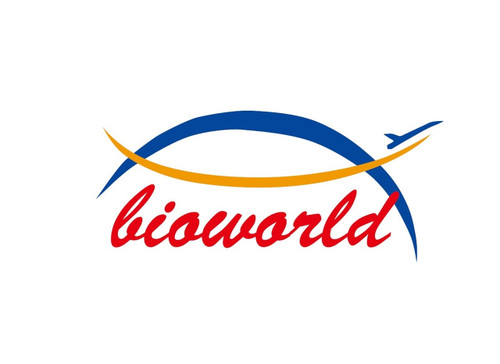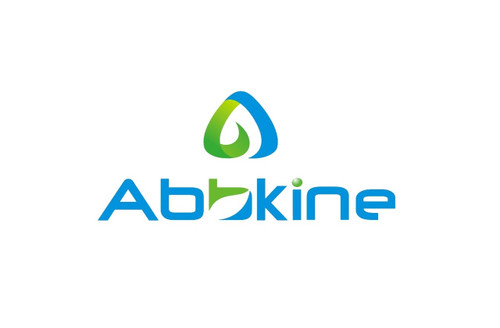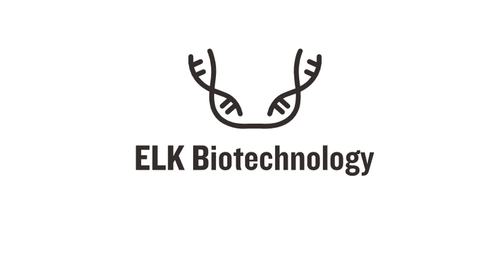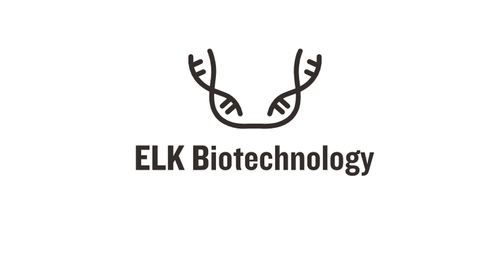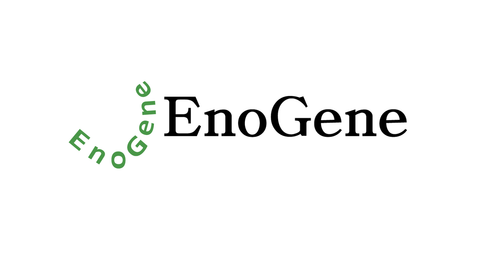Product Description
PPAR-γ (I106) polyclonal Antibody | BS1587 | Bioworld
Host: Rabbit
Reactivity: Human,Mouse,Rat
Application: WB IHC
Application Range: WB: 1:500~1:1000 IHC: 1:50~1:200
Background: PPAR gamma is implicated in numerous diseases including obesity, diabetes, atherosclerosis and cancer. PPAR gamma activators include prostanoids, fatty acids, thiazolidinediones and N- (2-benzoylphenyl) tyrosine analogues. A key component in adipocyte differentiation and fat-specific gene expression, PPAR gamma may modulate macrophage functions such as proinflammatory activities, and stimulate oxidized low-density lipoprotein (x-LDL) uptake. A Pro12Ala polymorphism of the PPAR gamma2 gene has been reported to reduce transactivation activity in vitro. This substitution may affect the immune response to ox-LDL and be associated with type 2 diabetes. In addition, the Pro12Ala variant of the PPAR gamma2 gene maybe correlated with abdominal obesity in type 2 diabetes.
Storage & Stability: Store at 4°C short term. Aliquot and store at -20°C long term. Avoid freeze-thaw cycles.
Specificity: PPAR-γ (I106) polyclonal Antibody detects endogenous levels of PPAR-γ protein .
Molecular Weight: ~ 54 kDa
Note: For research use only, not for use in diagnostic procedure.
Alternative Names: Peroxisome proliferator-activated receptor gamma; Short name=PPAR-gamma; Nuclear receptor subfamily 1 group C member 3; PPARG; NR1C3; PPAR γ; PPARγ
Immunogen: Synthetic peptide, corresponding to amino acids 90-120 of Human PPAR-γ.
Conjugate: Unconjugated
Modification: Unmodification
Purification & Purity: The Antibody was affinity-purified from rabbit antiserum by affinity-chromatography using epitope-specific immunogen and the purity is > 95% (by SDS-PAGE) .
Pathway: Phosphoinosotode Signaling,PI3K AKT signaling,Translational Contral elF4 and p70 S6 Kinase,Regulation of Microtubule Dynamics,Inhibition of Apoptosis,Insulin &Glucose Signaling,MTOR signaling,
 Euro
Euro
 USD
USD
 British Pound
British Pound
 NULL
NULL



